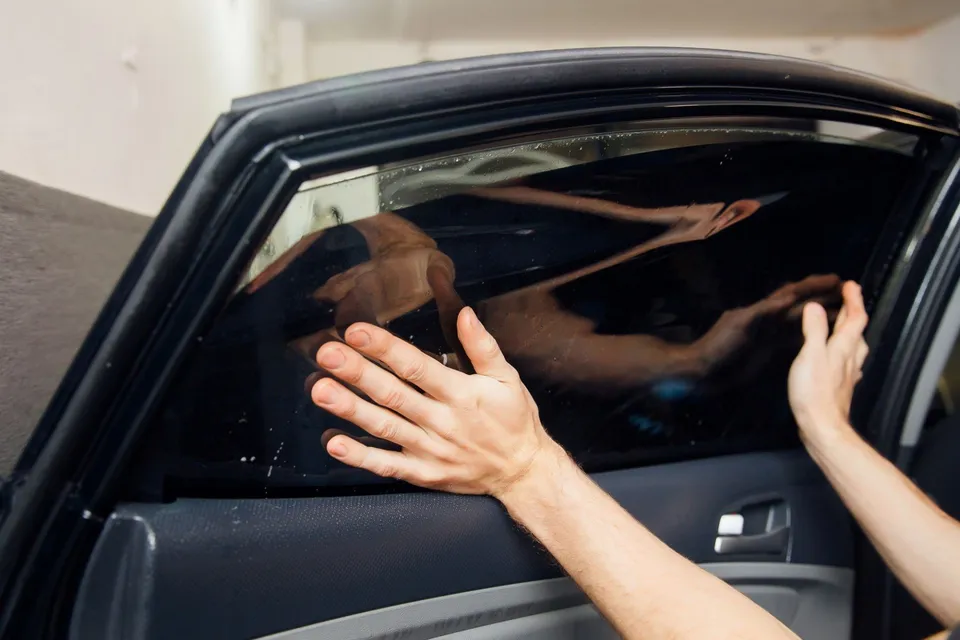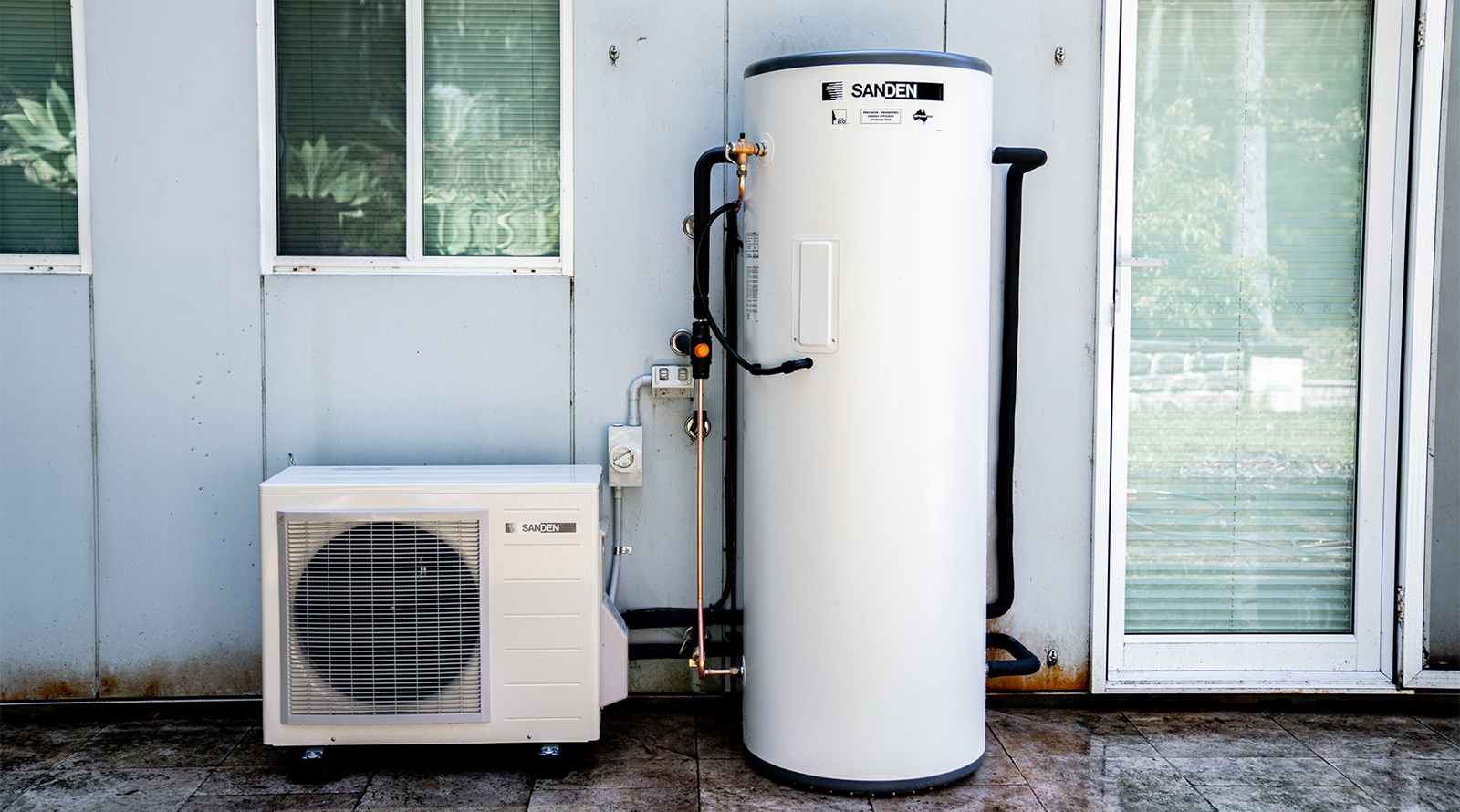Home security is one of the top priorities for many homeowners. It adds significant value to the home, not just in dollars and cents but also in peace of mind for families.
The simple act of locking doors and windows makes a burglar think twice about targeting a property. But what else can you do to help keep your family and belongings safe?
1. Lock Your Doors and Windows
Locking your doors and windows is one of the most basic steps to ensuring your home’s security. It is a practice that should be made a habit and not forgotten about, especially in high-crime areas.
Installing a door sensor, pin locks, or window security bars is an excellent way to make your house more secure and deter criminals. Also, consider planting thorny plants and keeping bushes trimmed to discourage burglars from hiding behind them.
2. Install a Security System
Home security systems provide a strong line of defense for your family and property. They also offer peace of mind, allowing you to enjoy life without worry.
A security system also safeguards any caretakers, dog walkers and babysitters that you might employ. Timed indoor lighting is another added benefit.
A central control panel, sometimes called a hub, communicates with the various sensors throughout your home. These sensors include door and window sensors, cameras, and motion detectors. They can also detect smoke, carbon monoxide and water.
3. Install a Motion-Sensitive Light Fixture
Lighting up your home’s exterior can help deter criminals from breaking into your property. Motion sensor lights are an excellent choice for this purpose, as they can come on automatically when movement is detected.
The installation process varies depending on the light type and its demands, but the simplest method involves drawing power from a switch box and running cables to the sensor and the light fixtures. You may also consider installing battery-operated LED security lights if electrical wiring is not available in the area.
4. Keep Your Pets Indoors
With pets being such a common target of burglaries, keeping your furry friends indoors can help protect you and your home. To keep your pets safe, cover trash cans and store items such as ladders out of reach; remove choking hazards like string; and make sure electrical cords are covered or moved away from places where they could be chewed.
Pets with curious, active tendencies may also unintentionally set off home security alarms and motion sensors. This can cause stress and anxiety for your pets, and it could also lead to false alarms.
5. Don’t Leave Valuables Unattended
Burglaries occur when valuables are left in plain sight and doors or windows are unlocked. Homeowners should take measures to make their homes appear occupied when they are not there including having a friend or neighbor collect mail and newspapers, keeping lawns mowed, and using lights on timers.
While burglaries are decreasing in many areas, they still happen far too often. This guide outlines simple, cost-effective steps that can be taken to protect family and property. These proactive steps can make a big difference in your safety and security.
6. Don’t Leave the House Unattended
Leaving the house unattended for any length of time can lead to problems such as pest infestations, moisture damage and burglary. This is why it’s important to take precautionary measures before a long absence, such as making sure windows and doors are locked; installing security systems; and enlisting the help of neighbors or friends to check on the property regularly.
Another precaution is to put lights on timers, which will make the house appear occupied even when no one is there. Also, ask a friend or neighbor to park their car in the driveway occasionally so it looks like someone is around.
7. Don’t Leave the House Unlocked
Home security is a topic that is near and dear to the hearts of many families. They want to keep their family, possessions and valuables safe from criminal activity.
It may seem like a no-brainer to lock the doors at night, but some people are not as consistent as they should be. This could be because they are unsure of how safe their neighborhood really is or simply because they have to run errands or pick up children.
8. Don’t Leave the House Unattended
Vacant homes require different security protocols than those that are lived in, but even unoccupied properties should be secured to deter crime. Some simple steps include having neighbors or friends collect mail and newspapers while you’re away, using timed lights to create the illusion that someone is home, and keeping grass mowed.
Leaving your house unattended for long periods can be risky, especially if you live in an unsafe area. There are many ways to protect your property from burglars while you’re away, such as securing windows and doors, hiring a trustworthy neighbor or friend to check on the house, and installing a security system.




